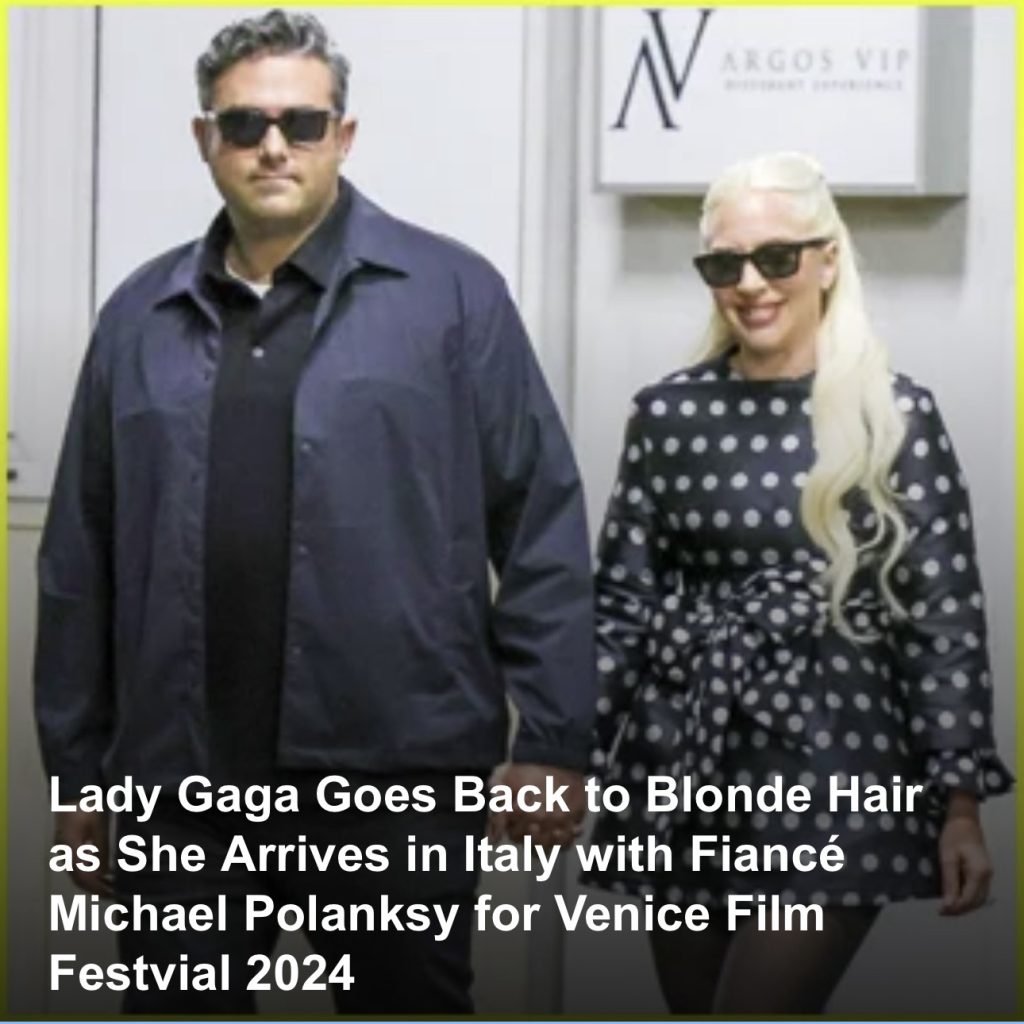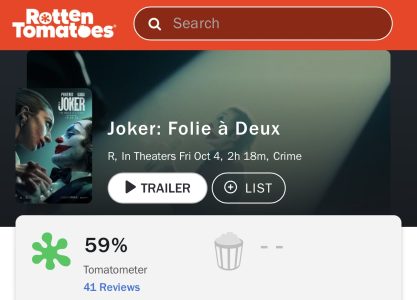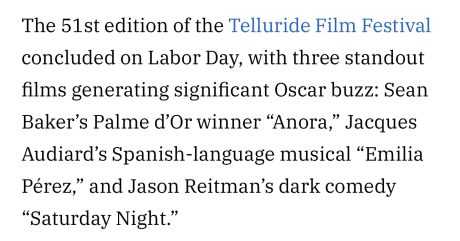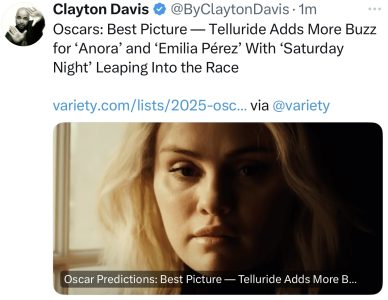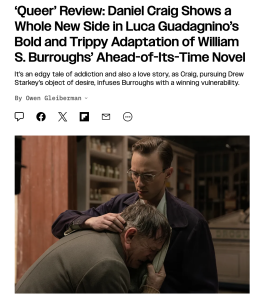This morning I decided to sample a few drops of CDB Oil, which affects the system in a way that facilitates or complements the strawberry red gummies. Neither the oil or the gummies are about delivering any kind of pot high, although they have a slight trace of THC in them.
About 40 minutes after I deposited several drops of oil (maybe nine or ten) under my tongue, and while idly chatting with Sasha Stone in the condo, I began to feel a wee bit ignited. There was a slight tingle in my system. Like I’d just had a couple of pulls on a joint.
My head was gently levitating with the dry mouth and all. I couldn’t even swallow. My mind was running and skipping all around and burrowing down under and juggling three or four thoughts, shifting and pivoting, idea sparks, etc.
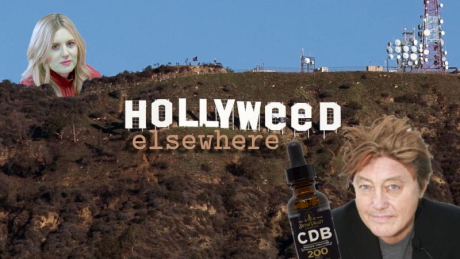

My cautious-minded conservative self, the person who lives somewhat anxiously within and is always first to ring the alarm bell…he spoke up quickly and said “uhhm, don’t freak out but I think we’re kind of stoned…just be aware of this.”
I haven’t been high since Tatiana persuaded me to pop a pot-high gummie three or four years ago. But here I am…vaguely ripped with all kinds of crackling thoughts and intuitions popping..
I knew I shouldn’t drive as I might suddenly notice psychedelic grasshopper trucks driving next to me on the way back to Albuquerque.
So I walked into town to tell the Green Dragon counter guys that the oil drops, if you take eight or ten of them, can make you feel like you’re almost tripping, and that they should post a warning on the label to this effect
I then walked down to the Abel Gance outdoor theatre, and decided to sit at a nearby outdoor dining table. I was still too stoned to drive so I bought a Diet Coke at Steamies, parked it outdoors and began reading and texting in front of a large brick commercial building…a non-historic, vaguely ugly building that has a few rentable condos on the second, third and fourth floors.
I was just minding my own, texting and reading and occasionally glancing at the passers-by, when all of a sudden THR’s Rebecca Keegan was strolling out of the brick building. Ding–ding–ding–ding–ding!
My first, fleeting, semi-paranoid, pot-buzz reaction was, “Holy shit, it’s Keegan! If she spots me she’s gonna think I’m stalking her or something. And if she stares at me she might sense that I’m stoned and conclude that I’m more than a bit unstable. She’s very touchy so who knows? Maybe she hasn’t seen me…please, God.”
I mean, Keegan is apparently on-board with a THR consensus that I was “menacing” her in an 8.21 post in which I said I might give her a dirty look, etc. These people are very hair-trigger when it comes to expressing concerns about “safety” and whatnot.
So if any THR people are reading this, please tell Keegan I had no idea she was staying in the large brick building and that our suddenly being 15 feet apart as she walked out and went on her way… that was a total, no–big–deal coincidence. Really. I took no photos, pretended not to be there, etc. Total nothingburger.
The Hollyweed Elsewhere art is by Tex Hayward…thanks
